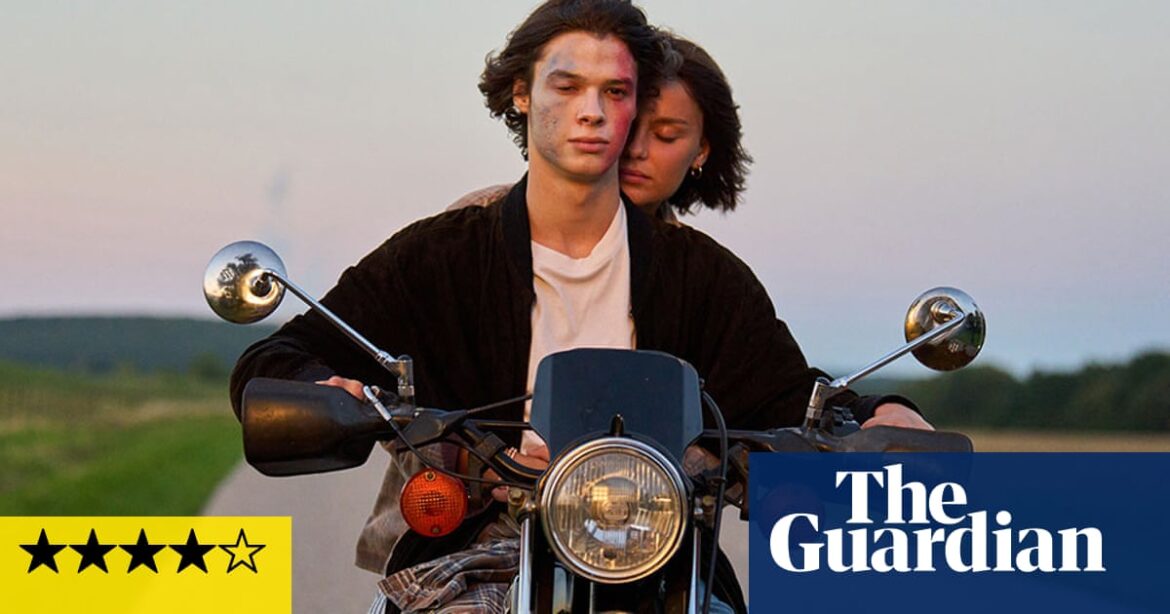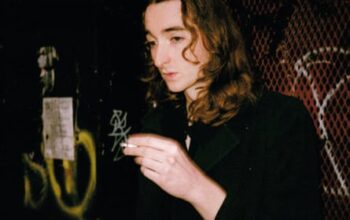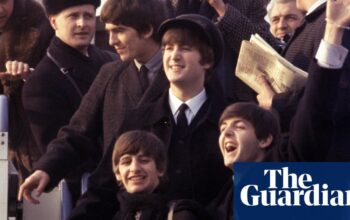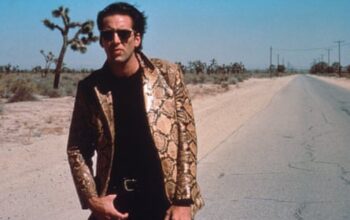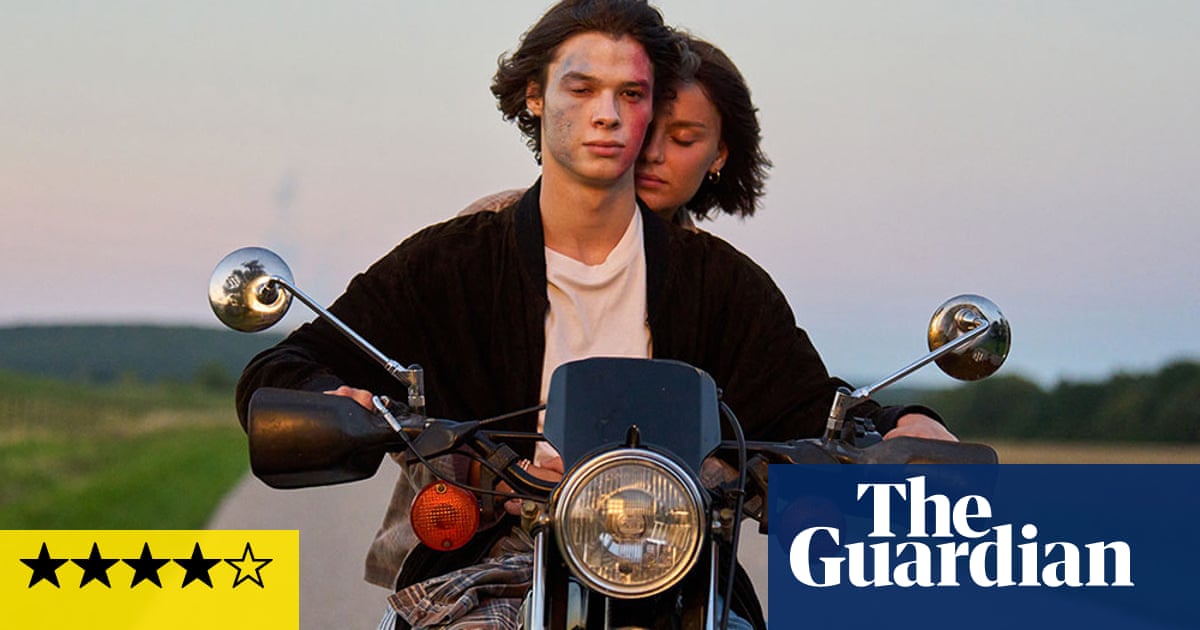
Class and racial tensions come to the boil in this potent tale of disaffected youth in smalltown France. Co-directed by Ludovic and Zoran Boukherma from Nicolas Mathieu’s bestselling novel, this is a state-of-the-nation drama dressed up as a coming-of-age tale (or possibly vice-versa); it is at once intimate and expansive in the way in which it connects the low-rise estates to the posh homes on the hill. It also brings a dose of dirty social-realism to this year’s Venice film festival.
The time-frame is the 90s, although its socio-economic tensions still apply, just as the (fictional) burg of Heillange is broadly representative of a thousand other towns in France and elsewhere; living in the shadow of its shuttered steelworks and inhabited by too many people with too little to do. Heillange, we are told, is “a town of hard times”, where the big local news is the opening of an indoor ski slope. The white ex-steelworkers live in humdrum terraced houses and the immigrant ex-steelworkers live in the humdrum block of flats down the road. Neither camp evidently has much to do with the other until a minor crisis triggers a chain reaction.
Our tour guide of sorts is gauche Anthony (wonderfully embodied by Paul Kircher), who is 14 years old at the start of the tale. One night he takes his dad’s motorbike and rides out of town to a party, forlornly hoping to impress beautiful, middle-class Steph (Angelina Voreth). In the garden Anthony is involved in a brief altercation with Hacine (Sayyid El Amani), an “Arab kid” who promptly absconds with the bike as payback. Anthony and Hacine probably have more in common than either would care to admit. They’re both from poor families, both saddled with abusive dads, both desperate to save face and break free from Heillange. It is only history and circumstance that has made them believe they’re enemies.
The Boukhermas open the tale in the summer of 1992, at a woodland lake beyond town; they then proceed to harry it down the years to France’s 1998 World Cup triumph, as the kids who once hung out by the lock-up garages grow into prematurely old men and stand around grousing about the kids who have replaced them. En route it frames a pair of fine supporting performances from Ludivine Sagnier and Gilles Lellouche as Anthony’s parents, two ill-starred, hard-bitten characters who almost merit a domestic drama of their own.
But it is the escalating feud that provides the film with its drumbeat. The bike theft, it transpires, is only the beginning, because now Anthony has a pistol, obtained from a depraved local dealer who hates immigrants even more than he hates his whipped dog. A gun, says the dealer, “is the only thing that works with their kind.”
If this tit-for-tat tale risks feeling over-inflated at times – like a budget chicken that has been bulked up with water – then this, too, captures the particular nature of small-town life. And Their Children After Them shows how in Heillange boredom breeds mischief which in turn creates violence. Nobody moves on because there is nowhere they can go and so the tiniest transgression is liable to fester for years. Childhood infatuations can build by degrees into love. Anthony, for instance, is prepared to forlornly pursue Steph through the decade. But hate grows alongside it, and Hacine wants revenge.
Source: theguardian.com
